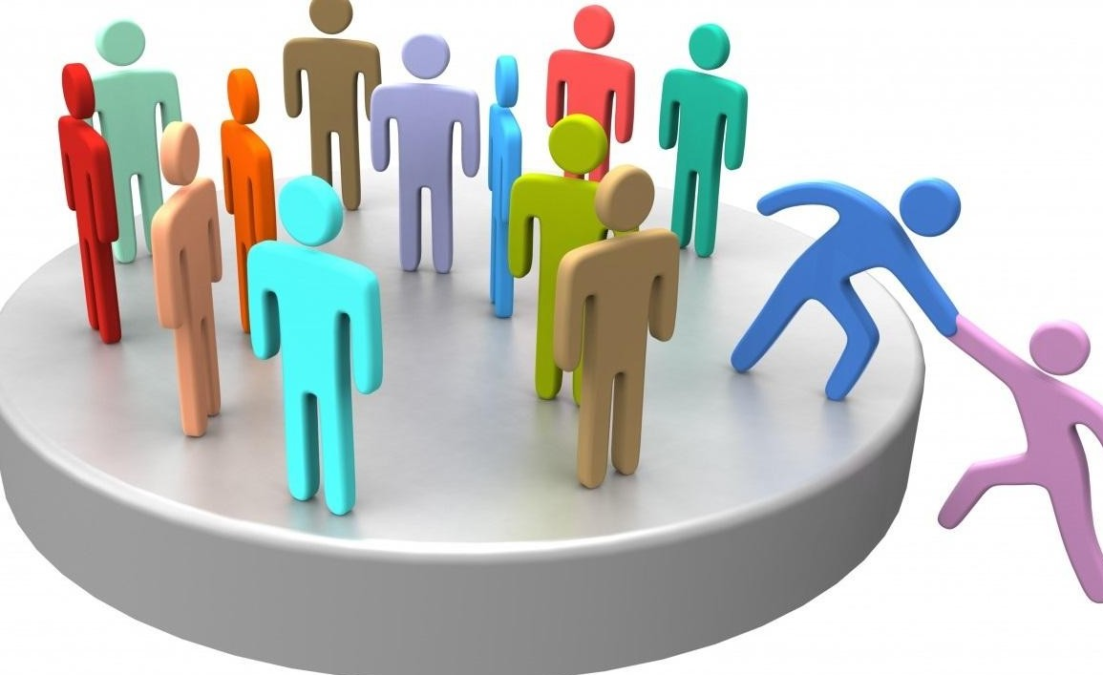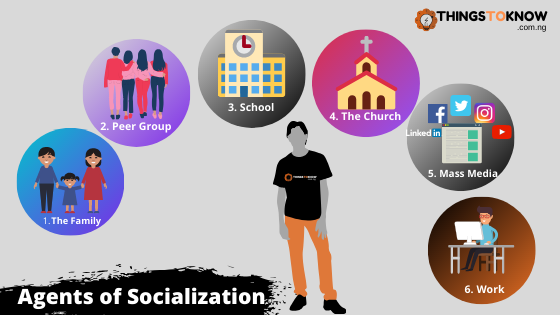Have you ever wondered why you think, act, or speak the way you do? Why do we prefer certain things, follow specific norms, or embrace particular values? The answer lies in a fascinating process called socialization. Socialization shapes us as individuals, influencing how we see ourselves and interact with the world. Let’s dive deeper into the agents of socialization that play a significant role in molding our personalities and behaviors.
What Are Agents of Socialization?
Agents of socialization are the individuals, groups, and institutions that teach us how to navigate society. From our earliest days, they provide us with the tools and knowledge to understand cultural norms, values, roles, and expectations. Think of them as guides who help us make sense of the world and our place within it.
Now, let’s break down the primary agents of socialization and explore their influence on our lives.
The Family: The First Teacher
The family is often considered the most important agent of socialization. It’s where socialization begins. From birth, family members teach us basic skills, such as walking and talking, while also instilling core values, beliefs, and traditions. Parents and siblings often serve as role models, shaping our views on love, respect, and responsibility.
For instance, a child growing up in a family that values education will likely develop a positive attitude toward learning. Families also influence how we approach relationships and handle emotions. These lessons create the foundation for our identity and guide our behavior as we grow older.

Friends and Peers: Shaping Social Skills
As we grow, our circle expands beyond family to include friends and peers. These groups become vital agents of socialization, especially during childhood and adolescence. Peer groups provide a sense of belonging and teach us how to interact with others. They also expose us to diverse perspectives and challenge us to think critically about our beliefs.
Ever found yourself picking up a new habit or phrase because of your friends? That’s the power of peer influence! While peers can have a positive impact, they may also introduce risky behaviors. Learning to navigate these dynamics is an essential part of social development.
Schools: The Learning Ground for Society’s Rules
Schools are another powerful agent of socialization. Beyond academics, schools teach us discipline, cooperation, and respect for authority. They also reinforce societal norms and expectations, preparing us to function effectively in the broader community.
Through interactions with teachers and classmates, children learn about teamwork, competition, and problem-solving. Schools also expose students to cultural diversity, promoting an understanding of different traditions and lifestyles. The lessons learned here extend far beyond textbooks and have a lasting impact on personal and professional success.
Media: Influencing Minds on a Global Scale
In today’s digital age, media has emerged as a prominent agent of socialization. Television, social media, movies, and music all play a significant role in shaping our perceptions, attitudes, and behaviors. Media exposes us to global cultures, ideas, and trends, making the world feel more connected.
However, media’s influence isn’t always positive. It can perpetuate stereotypes, set unrealistic standards, or spread misinformation. Being media literate—understanding how to critically analyze content—is crucial for navigating this powerful socializing force.
Religion: Providing Moral Guidance
For many, religion is a key agent of socialization. Religious institutions and practices often guide individuals’ moral and ethical beliefs. They offer a sense of purpose, community, and identity while teaching values like compassion, honesty, and forgiveness.
Religious traditions and rituals also play a role in shaping cultural identity. Even for those who don’t actively practice a religion, the values and principles rooted in religious teachings can influence societal norms and individual behavior.
Workplace: Socialization in Adulthood
The workplace becomes a critical agent of socialization in adulthood. It introduces us to new roles and responsibilities while shaping our professional identity. Interacting with colleagues teaches us about teamwork, leadership, and problem-solving.
Workplaces also expose us to organizational cultures and values. For instance, a company that prioritizes innovation may encourage employees to think creatively, while one that emphasizes collaboration fosters strong team dynamics. These experiences continue to shape our social skills and worldview throughout our careers.

The Community: A Broader Influence
The community we live in also plays a role in our socialization. Local customs, traditions, and social structures shape our interactions and perspectives. Communities often provide support networks and opportunities for civic engagement, fostering a sense of belonging and collective responsibility.
For example,agents of socialization volunteering for community initiatives can teach us the importance of empathy and cooperation. Living in a culturally diverse community can also broaden our horizons, encouraging us to appreciate different ways of life.
How Agents of Socialization Work Together
While each agent of socialization has its unique influence, they often work together to shape our identity. For instance, values taught at home may be reinforced at school, while media and peers may introduce new perspectives. The interplay between these agents creates a dynamic process that evolves throughout our lives.
Conclusion: Embracing the Socialization Journey
Understanding the agents of socialization helps us appreciate the various influences that shape who we are. These agents guide us in navigating societal norms, building relationships, and discovering our identities. By recognizing their impact, we can become more intentional about the values we adopt and the lessons we pass on to others.
So, the next time you catch yourself wondering why you think or act a certain way, remember the agents of socialization. They’re the unseen forces shaping your journey through life, one interaction at a time.

